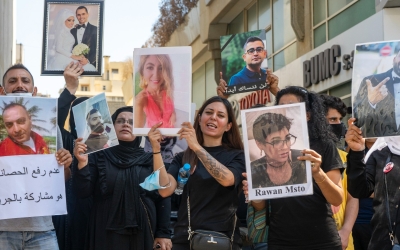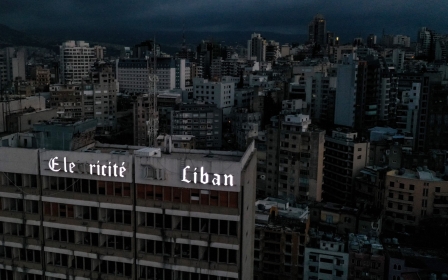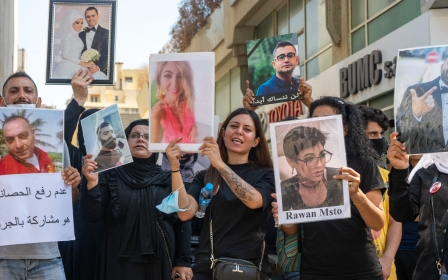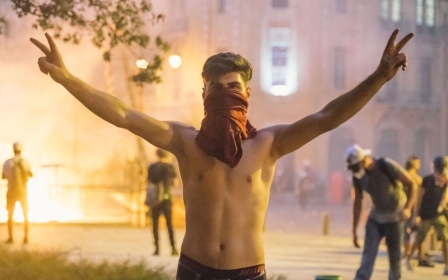Dozens of countries condemn interference in Beirut blast probe
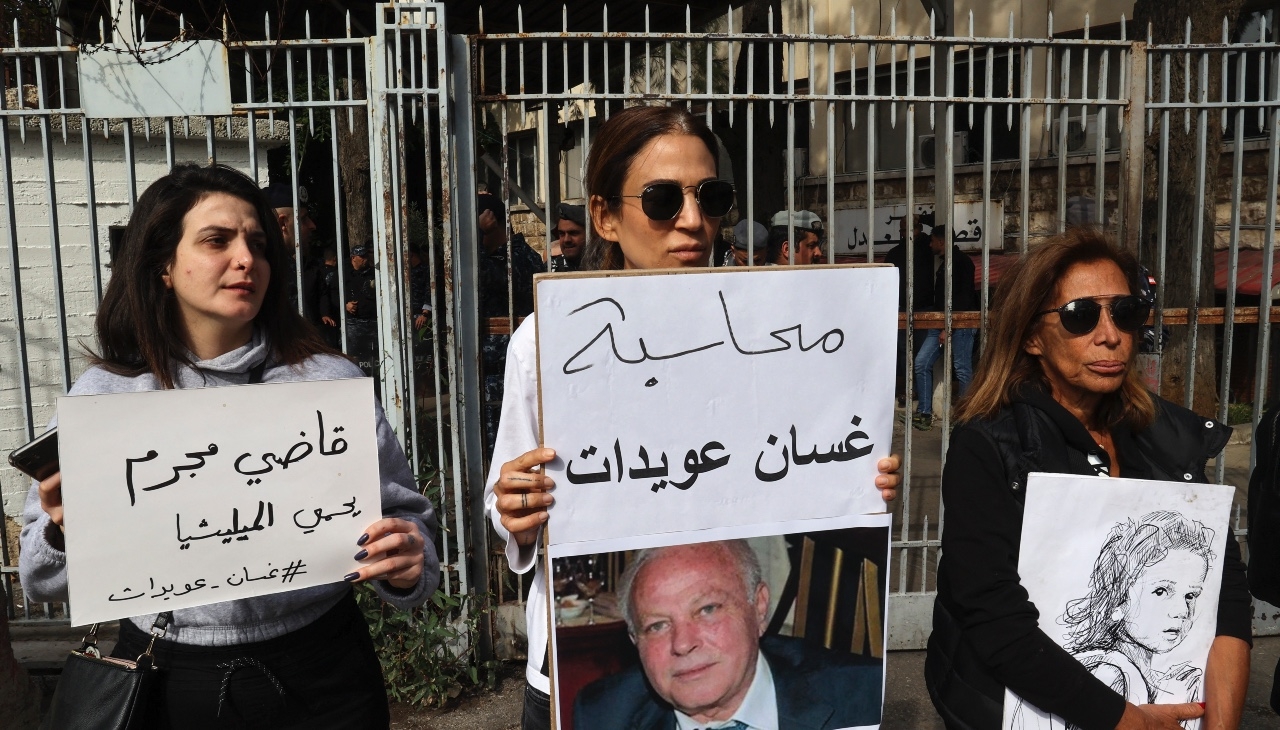
Thirty-eight countries at the UN Human Rights Council have condemned the obstruction and interference in a Lebanese judicial probe into 2020 Beirut port explosion, which killed more than 200 people and destroyed swaths of the capital.
A joint statement delivered by Australia before the UN Human Rights Council on Tuesday called on Lebanon to “to take all necessary measures to safeguard, in law and in practice, the full independence and impartiality of the Lebanese judiciary” and to ensure that a “swift, independent, impartial, credible, and transparent investigation into the explosion” be carried out.
“We urge Lebanon to abide by its international human rights obligations to take all necessary measures to safeguard, in law and in practice, the full independence and impartiality of the Lebanese judiciary,” the letter stated.
Rights groups and family members of victims have accused Lebanon’s political establishment of undermining the probe into the explosion.
In January, judge Tarek Bitar, the lead investigator into the blast, announced he was reopening the probe after a 13-month halt due to legal challenges raised by Lebanese politicians. Bitar has charged more than a dozen political, judicial, and security officials in the probe, including Ghassan Oueidat, Lebanon's powerful state prosecutor.
Lebanon's former general security director Abbas Ibrahim and state security chief Tony Saliba were also among the figures charged. Bitar has come under repeated attack from Lebanon’s powerful Hezbollah movement as well.
Victims' families have called on the international community to push for accountability in the blast. Last year, Mark Daou, one of Lebanon's newly elected reformist members of parliament, told Middle East Eye that the US should sanction Lebanese officials and lawmakers over the port blast.
The port explosion has become a symbol of Lebanon’s economic and political collapse. The Lebanese lira has lost around 98 percent of its value since late 2019 and thousands of people have fled the country.
Meanwhile, the country continues to be run by a caretaker government. Talks with the International Monetary Fund over a bailout have stalled as politicians resist reforms.
Middle East Eye delivers independent and unrivalled coverage and analysis of the Middle East, North Africa and beyond. To learn more about republishing this content and the associated fees, please fill out this form. More about MEE can be found here.


